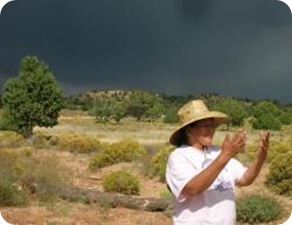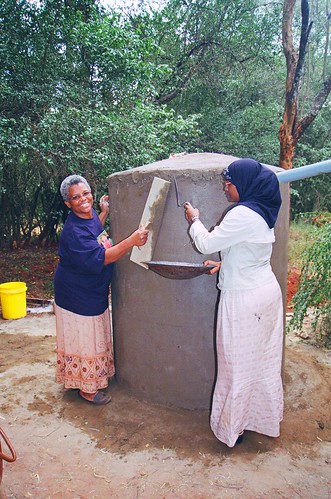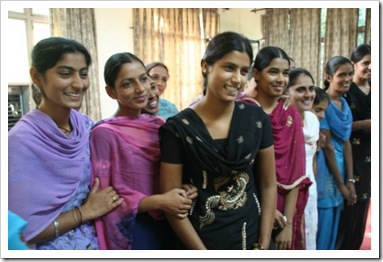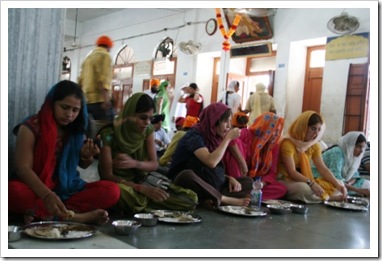Thanks to everyone who joined us for an excellent conference call discussion this morning, on Climate Change in Copenhagen. The Conference Call Series of WEA’s Women and Land Initiative highlights the work of Indigenous environmental justice leaders each month, and this month we were honored to speak with Tom Goldtooth and Jihan Gearon of the
Indigenous Environmental Network.
Jihan is the Native Energy and Climate Organizer for IEN, and Tom is the Executive Director. Both are bound for
Copenhagen next month, to ensure that this global policy-making forum fully accounts for the voices and experiences of Indigenous peoples and communities of color worldwide, and adequately redresses the economic and environmental inequalities at the root of climate change.
Jihan and Tom first spoke with us about the fundamentals of climate justice, which is a movement to alleviate the unequal burdens created by climate change, implicating a justice-based approach to climate policy. According to the
Environmental Justice and Climate Change Initiative, people of color, low-income and Indigenous communities are usually the first to experience the negative impacts of climate change, including natural disasters, public health crises, and displacement. These communities bear a disproportionate burden from ill-conceived strategies like carbon trading, and from the impacts of mineral extraction and energy production systems which cause climate change.
Jihan shared with us the
Ten Principles for Just Climate Change Policies in the U.S. Principle #1: Stop Cooking the Planet! Other principles include the protection and empowerment of vulnerable people and communities, the required participation of communities in climate negotiations, and the ceasing of fossil fuel exploration, among others.
We then moved into a discussion of Copenhagen, specifically, and global climate policy-making, generally. Our speakers shared that international decision-making processes have tended to both exclude Indigenous peoples and people of color, who are the most impacted by both climate change-inducing processes and the so-called “solutions” to those problems, and to actively reinforce systems of injustice.
As one example of many, the
Bali Action Plan -- adopted in 2007 in Indonesia -- agreed on a comprehensive 2-year process culminating in decision-making at Copenhagen on long-term global goals for emissions reductions and other key concerns. However, the Bali Roadmap makes no mention of Indigenous peoples or traditional knowledge. These types of exclusions characterize the climate negotiations, and our speakers illustrated the paramount importance of advocating for Indigenous peoples and people of color to have a place at the negotiating table.
IEN
calls for “ambitious action to rapidly stabilize the concentrations of greenhouse gas emissions to ensure temperature rise is well below 350 ppm CO2 equivalent, and for temperature rise to be limited to no more that 1.5 degree Celsius.” Such action cannot rely on schemes like cap and trade and
REDD, which serve to further concentrate climate impacts in Indigenous peoples, low income people and people of color communities, and which do not adequately address the core concern of excessive energy consumption in the Global North.
Given this picture, what can we do? Jihan offered us a variety of practical means to work towards climate justice at home. By focusing on environmentally just and economically equitable sustainability efforts at the local and regional level here in the United States, and advocating for fundamental policy shifts around energy production and usage, we can move towards balance on earth.
Ultimately, our “shared vision must acknowledge the future survival of the Circle of Life [and] affirm the vital role of Indigenous Peoples and local communities. It is the Indigenous Peoples who have the knowledge to teach the world how to adapt and how to ensure a paradigm shift from the current economic model of development.”
We will keep a close eye on the climate negotiations in December, and will report back on the perspectives and experiences of Indigenous and people of color leaders as we receive updates.

















